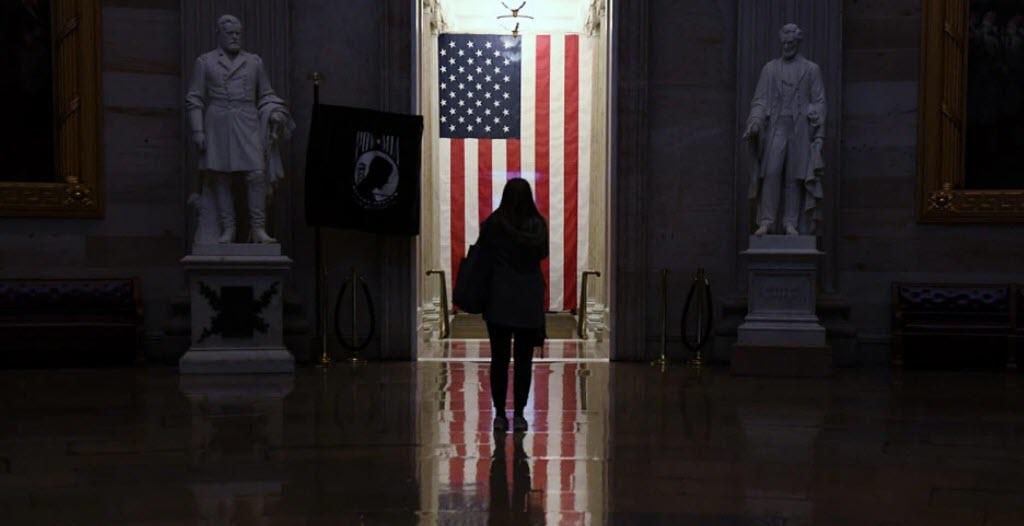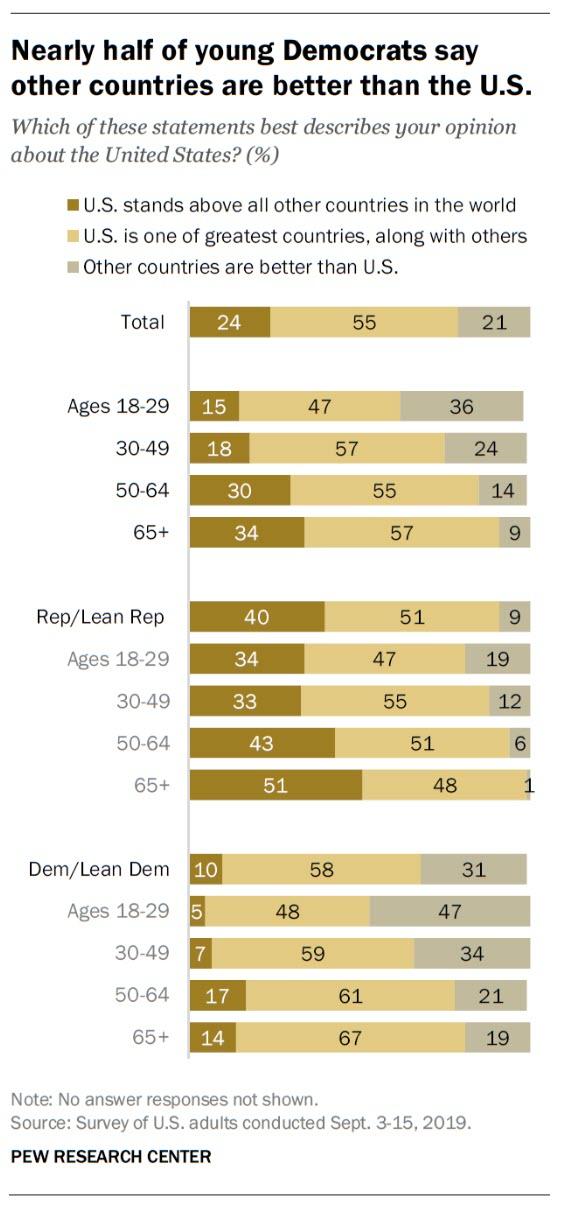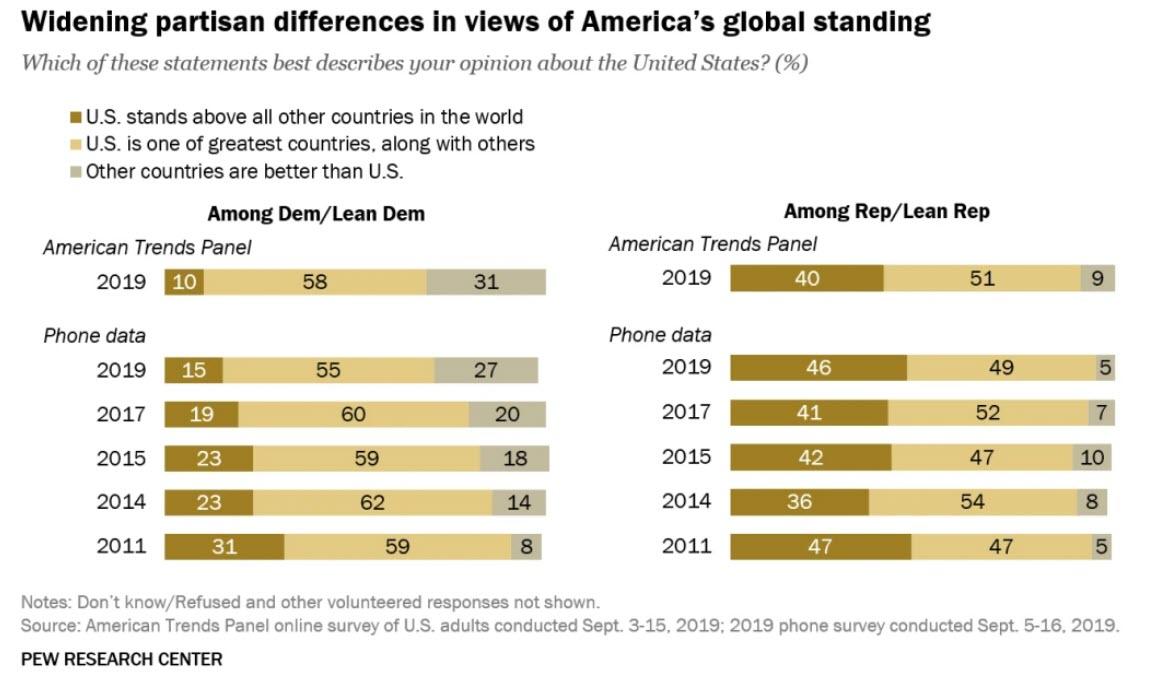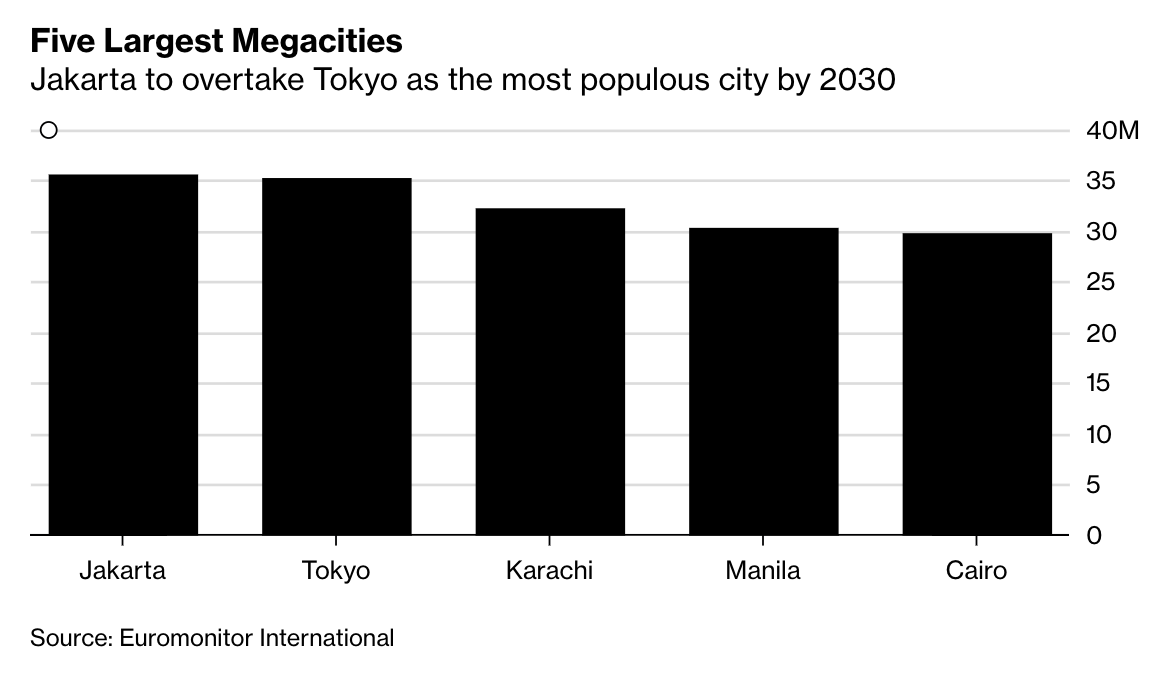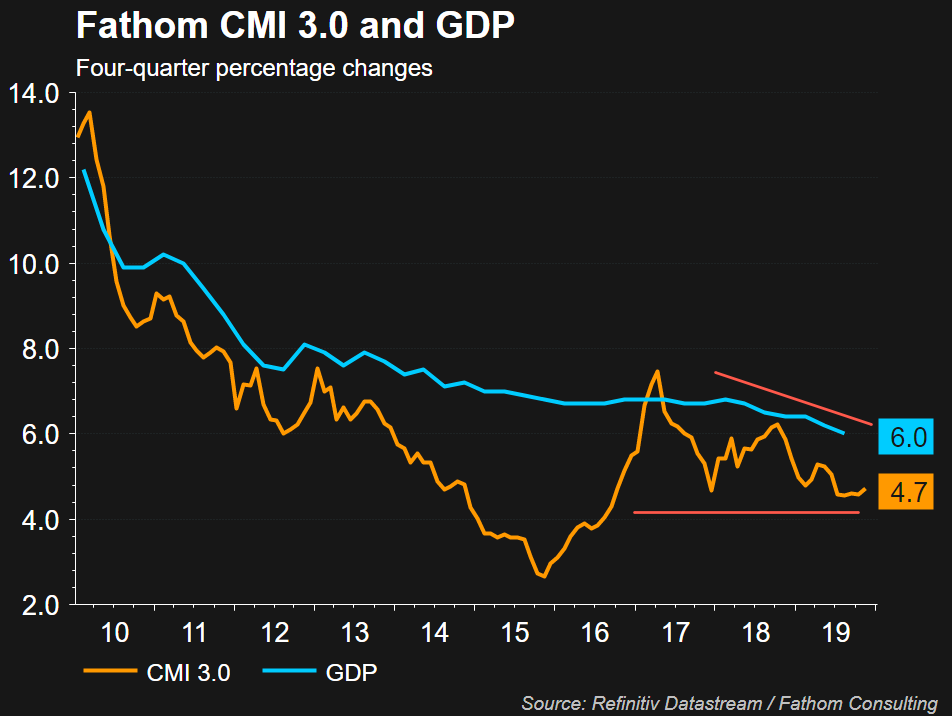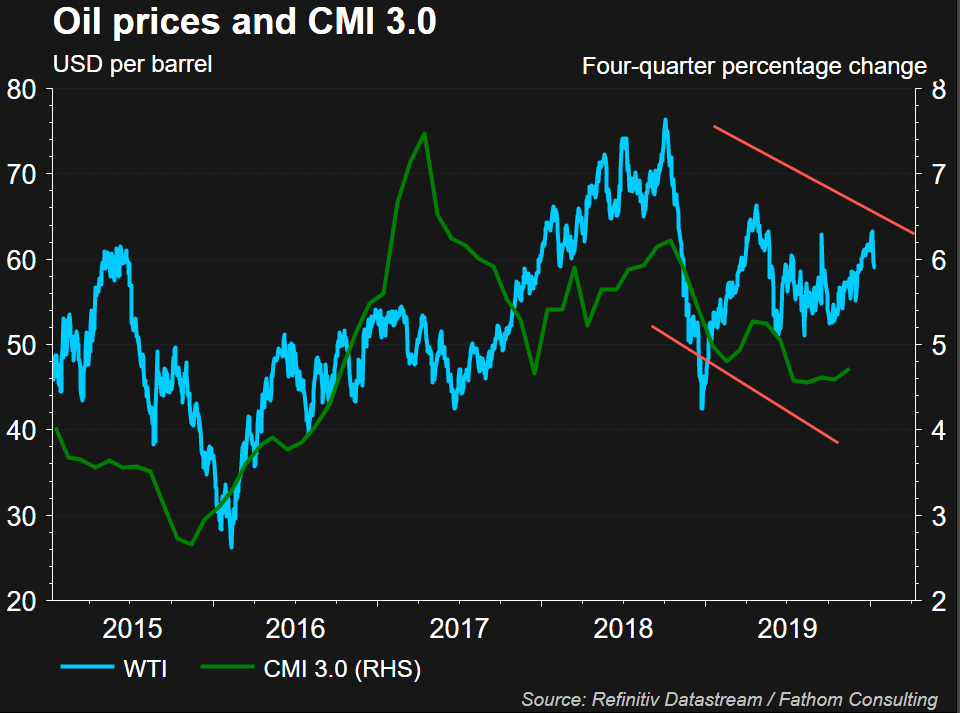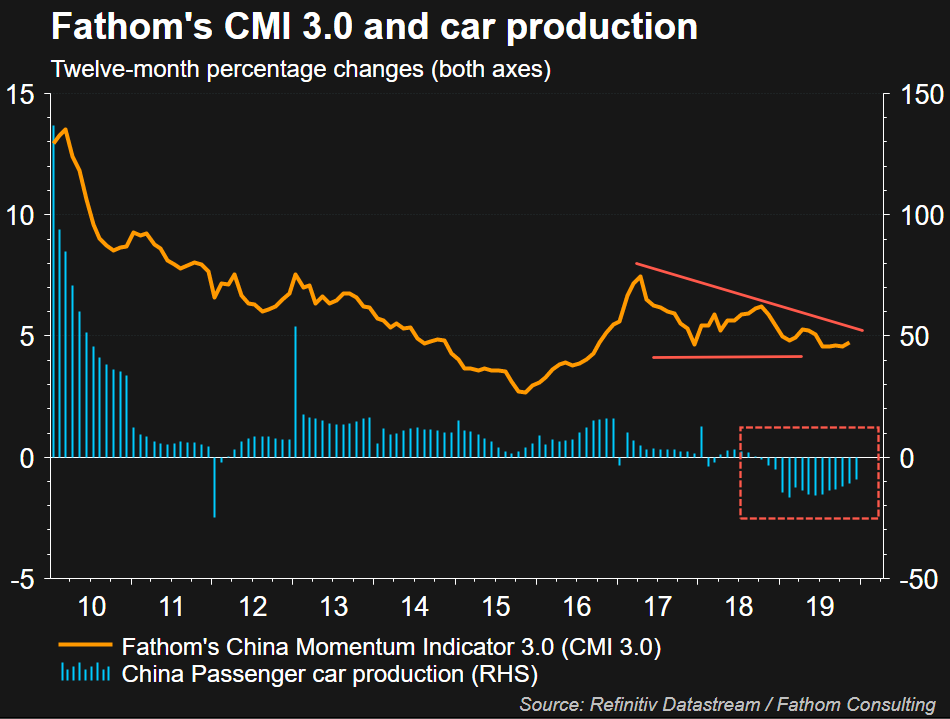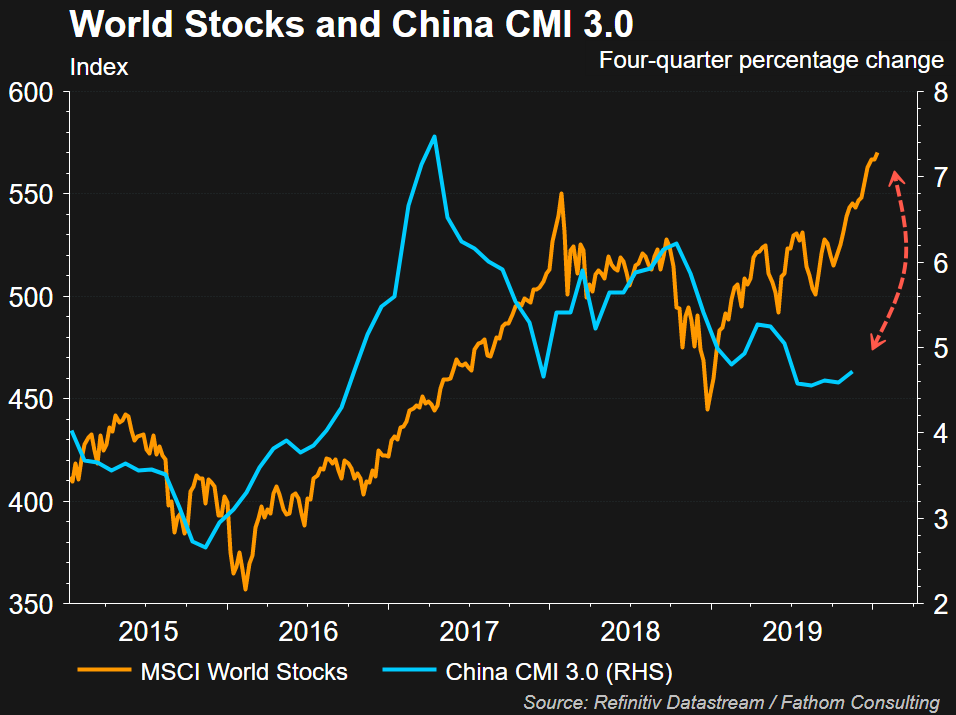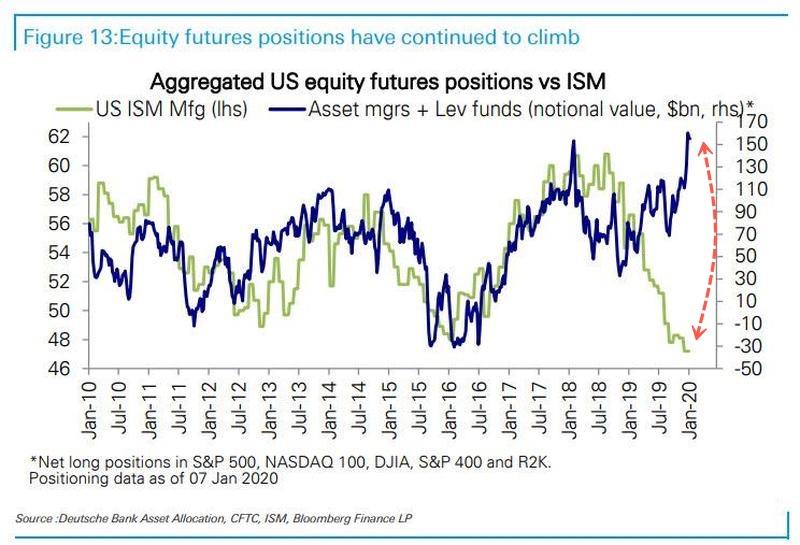Former Vice President Joe Biden says his vote for the Iraq war was a mistake. That’s good, but it’s not good enough—and his explanation of his support for war leaves out some crucial context.
In the opening minutes of Tuesday’s Democratic primary debate, CNN’s moderators specifically sought to stoke conflict between Biden, who voted for the Iraq War as a member of the Senate in 2003, and Sen. Bernie Sanders (I–Vt.), who opposed the war at the time. This is a potential weakness for Biden, who remains the frontrunner in the crowded field, and the former vice president made an effort to blunt criticism for his Iraq War vote by flat-out admitting he was wrong.
“It was a mistake to trust that they weren’t going to go to war,” said Biden. “They said they were not going to go to war. They said they were just going to get inspectors in. The world, in fact, voted to get inspectors in, and they still went to war.”
A little exposition is necessary here since Biden’s response is somewhat unclear. This response, which effectively blames President George W. Bush for Biden’s vote in favor of the use of military force in Iraq, hinges on a series of events that took place during the final months of 2002. In Biden’s telling—and this is an answer he’s given in greater detail in other settings—the Bush administration falsely promised him that congressional approval for the use of military force against Iraq was merely a negotiating tactic to get Saddam to accept weapons inspectors.
Here’s how Biden described the situation to NRP in an interview given last year (emphasis mine):
I let my record stand. I think my record has been good. I think the vast majority of the foreign policy community thinks it’s been very good. For example, I got a commitment from President Bush he was not going to go to war in Iraq. He looked me in the eye in the Oval Office; he said he needed the vote to be able to get inspectors into Iraq to determine whether or not Saddam Hussein was engaged in dealing with a nuclear program. He got them in, and before we know it, we had a shock and awe. Immediately, the moment it started, I came out against the war at that moment.
There are a bunch of problems with this explanation. At a bare minimum, it demonstrates a lack of good judgment on Biden’s part. Voting to go to war is one of the most significant decisions a member of Congress can make—it’s a vote that should be made only when all other options have been exhausted and there is a clear threat to national security. Authorizing a president to use military force as a negotiating tactic is an abdication of Congress’ constitutional role, and blaming Bush for lying (and he did, of course) is nothing more than a clever way to remove Biden’s own culpability for going along with those lies.
Biden didn’t simply vote for the war. On March 13, 2003, just weeks before the American invasion of Iraq, Biden delivered a nearly hourlong speech that grappled with the seriousness of the war President George W. Bush wanted Congress to authorize. In the end, he gave his assent, saying that the United States “has a special, unilateral capacity, and indeed obligation, to lead in implementing its convictions.”
But the rest of Biden’s answer about Iraq also deserves scrutiny. As he did in that 2019 NPR interview, Biden during Tuesday’s debate claimed that he immediately came out against the war when he realized he’d been duped by Bush.
That’s simply not true. More than a year after the war started, Biden was still defending America’s involvement. “I still believe my vote was just,” he wrote in June 2004 in the pages of The New Republic. “But it would be even more foolhardy, and dangerous, to accept failure as inevitable and move to cut our losses. Despite the naysayers, it is not too late.”
By 2007, Biden was pushing a bizarre plan to divide Iraq into three smaller states. It never caught on. He spent the next few years pushing for the Pentagon to provide troops in Iraq with mine-resistant vehicles to protect them from the improvised roadside bombs that were becoming a major hazard. That was a noble effort that may have saved lives—but it’s a far cry from trying to bring the troops home. Indeed, it suggests that Biden believed it was important for American troops to remain in Iraq.
“Biden is the last of the pre-Obama generation of Democratic foreign policy grandees who enabled the Iraq war,” wrote The Daily Beast‘s Spencer Ackerman in a must-read review of Biden’s record of failure in Iraq.
Biden has a long record, of course, and it’s difficult to distill it into a single sound bite. But the history that he is pushing—that he supported the war at first because Bush lied, but then quickly reversed course and worked to bring troops home—is at odds with his own record.
Making matters worse, Biden effectively invoked the “we have to fight them over there, so we don’t fight them over here” argument while responding to a question about whether he would be willing to deploy U.S. troops abroad without congressional approval.
“I think it’s a mistake to pull out the small number of troops that are there now to deal with ISIS,” Biden said. “ISIS is going to reconstitute itself.”
That’s the sort of open-ended, post-9/11 thinking that drew the United States into the quagmires in Iraq and Afghanistan. If Biden hasn’t learned that lesson from the past two decades, he’s not qualified to be commander in chief.

from Latest – Reason.com https://ift.tt/2smh3EC
via IFTTT



